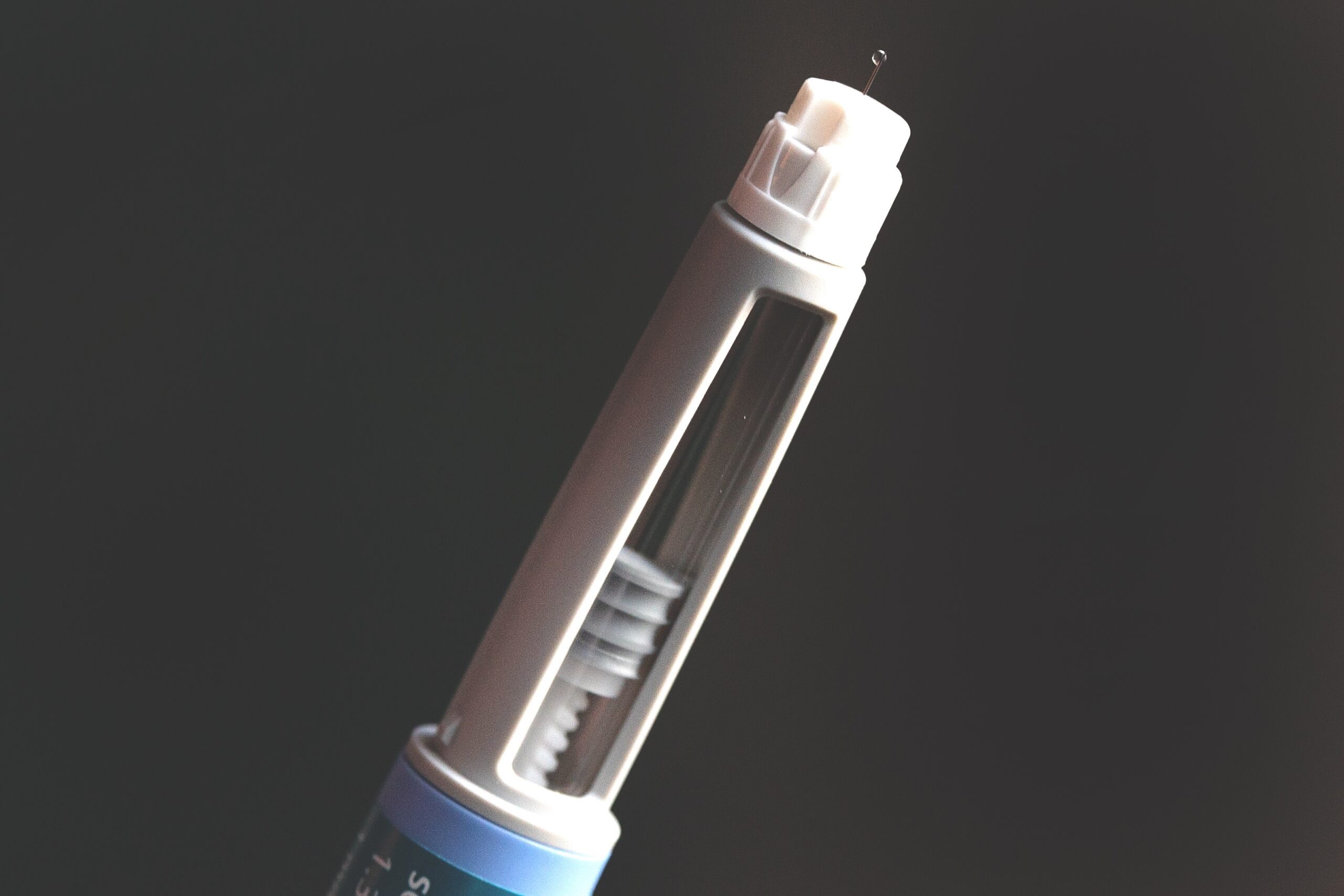This could start to bring down the cost of brand-name competitors—here's who may get to use it, and one major difference from the pricier kind.

FDA Announcement: The First Generic GLP-1 Shot Has Just Been Approved

Many diabetes patients have experienced lowered drug costs in recent years, thanks to policies that have capped the price of diabetes prescriptions. For patients who have been paying for Ozempic or other glucagon-like peptide-1 medications, there may be another beneficial development: On December 23, the U.S. Food and Drug Administration (FDA) announced that they’ve cleared the first generic GLP-1 injectable “to improve glycemic control in adults and pediatric patients aged 10 years and older with type 2 diabetes as an adjunct to diet and exercise.”
This language likely means that the drug will be available only to diabetics, in contrast to some of the name-brand medications in this class which have been approved for some weight loss cases.
The drug is known generically as liraglutide, which the FDA says has been in short supply “with certain other GLP-1 medications.” This references the consistent shortages for drugs like semaglutides, known by brand names such as Ozempic and Wegovy, and tirzepatides, with brand names like Zepbound and Mounjaro. (In 2024 research published in the Journal of the American Medical Association, participants who took tirzepatide for weight loss generally saw greater benefit from tirzepatide, compared to semaglutide.)
The FDA’s announcement explains how liraglutide works: “Liraglutide improves blood sugar levels by creating similar effects in the body as GLP-1 in the pancreas, which is often found in insufficient levels in type 2 diabetes patients.” They add that type 2 diabetes typically “develops over many years” as “a chronic condition that occurs when the body does not use insulin well and cannot keep blood sugar at normal levels.”
New Jersey-based Hikma Pharmaceuticals USA Inc. is the maker of the generic that just got the go-ahead. The announcement seems to note there is one significant difference some consumers may note: The FDA calls it a “once-daily injection,” in contrast to the competitors’ weekly administration which some patients feel makes them desirable and practical to manage. There are also a few cautions the FDA notes specific to this drug, including but not limited to:
- risk of pancreatitis
- hypoglycemia (low blood sugar) when used in conjunction with certain other drugs
- renal impairment or kidney failure
- acute gallbladder disease
- increased risk of thyroid C-cell tumors
The FDA notes that patients who have had, or have family members who have had, medullary thyroid carcinoma or multiple endocrine neoplasia syndrome type 2 should not use liraglutide, nor should individuals who have experienced prior serious hypersensitivity reaction to the drug. It’s said the most common side effects reported in the clinical trials were nausea, diarrhea, vomiting, decreased appetite, dyspepsia (acid reflux and related conditions) and constipation.
The FDA considers this an advancement in part because, as they note, “many complex drugs lack generic competition” due to the complexity of their active ingredient. That’s why even though the name brands swiftly picked up momentum on the market, lower-cost competitors have taken more time to emerge. “Addressing the challenges related to developing generics and promoting more generic competition is a key part of the FDA’s Drug Competition Action Plan and the agency’s efforts to help increase patient access to medicines,” the FDA states.
As for when the generic liraglutide will hit the market, the FDA concluded by saying: “Please contact the manufacturer for information about the medicine’s availability.”
For daily wellness updates, subscribe to The Healthy by Reader’s Digest newsletter and follow The Healthy on Facebook and Instagram. Keep reading:
- How I Knew I Had Pre-Diabetes: A Patient’s Story of Reversing Diabetes Before It Kicked In
- These 4 Main Causes Have Increased Prediabetes Since 2020, Says a Cleveland Clinic Doctor
- Can Stress Cause Diabetes? Medical Experts Reveal the Answer
- “Here’s How I Knew I Had Diabetes”: One Patient in “Perfect” Health Shares Their By-Chance Discovery



















